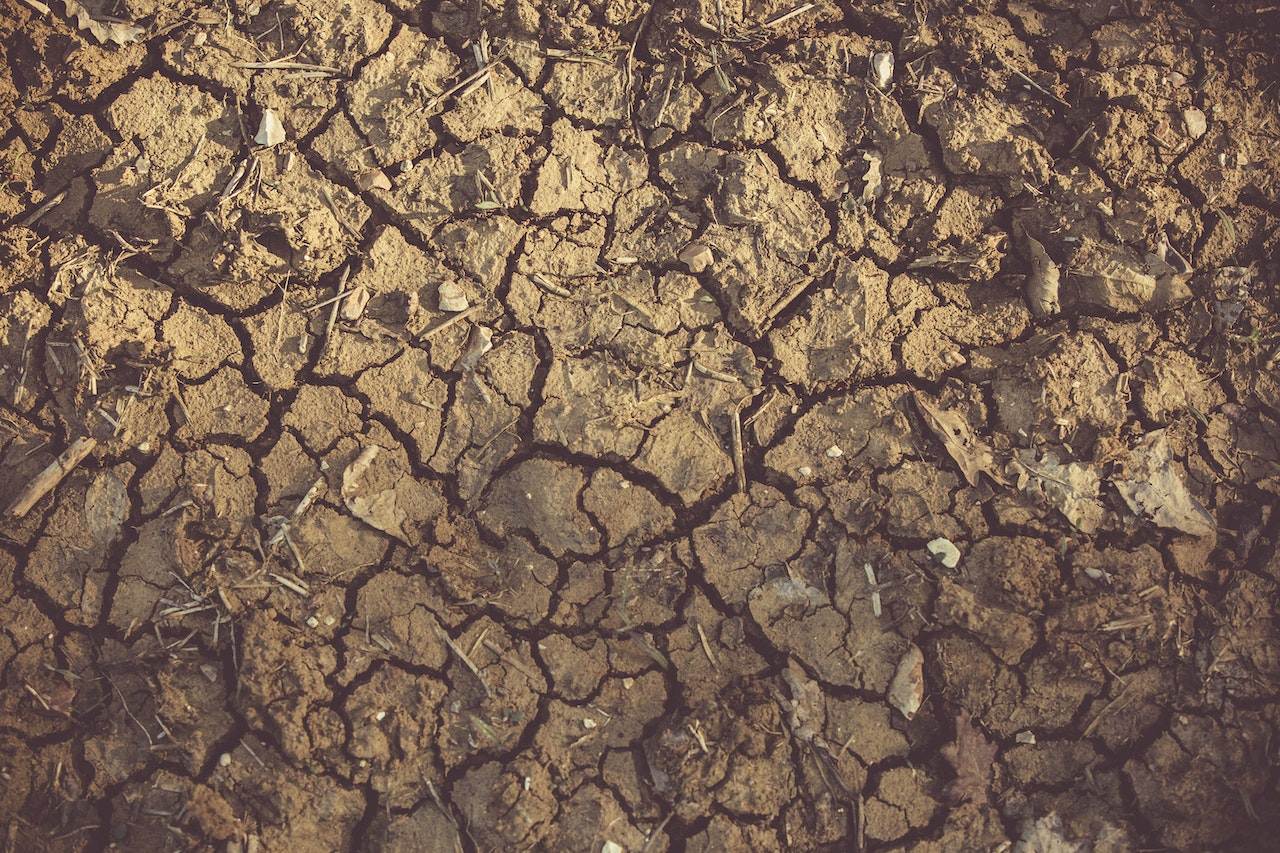Food is glorious, but our current food system has a damaging effect on our environment both locally and globally. The significant environmental impacts of the current way we grow and make food damage animals, plants, people and the climate as a whole. We can fix these issues with a focus on local food production, but it will take work to make a Sheffield food system that works for everyone in our community, including the birds and the bees.
Negative Environmental Impacts of our Current Food System
So, how does the current food system impact the environment? It’s a long process from the dawn of human civilisation, but it has accelerated over the past hundred years.
Biodiversity Decline
Nearly half of the world’s habitable land is used for agriculture. 77% of the world’s farmland is utilised for grazing animals or producing crops to feed them. The combined weight of animals bred for food is ten times more than wild mammals and birds. Since the start of human civilisation, the biomass of wild mammals has fallen by 85%.
Water & Nitrogen
The damage is not limited to our biodiversity alone. Our abiotic systems are suffering too. An abiotic system refers to the cycle whereby nature recycles non-living things. The most prevalent of these systems include our water, nitrogen and carbon cycles. These cycles are crucial to maintaining the delicate balance of life on Earth. Agriculture uses 70% of all the freshwater on Earth. This induces a series of issues, from water shortages to drought, harvest failure, famine and even war. Although the UK’s wet, temperate climate ensures that it is less likely to suffer the direct consequences of these impacts, we contribute to this problem by importing from drier regions. In England, only 16% of our surface and ground waters meet the criteria for “good ecological status”.
Carbon Cycle
The global food system is responsible for up to one-third of all greenhouse gas (GHG) emissions. In the UK alone, our domestic food system contributes to 20% of our GHG emissions, and this is ignoring GHGs generated through food imports. Trees are great storers of carbon, but in the UK, only 10% of the land is now woodland.
Environmental Benefits of a Local Food System
Though the environmental benefits of local food systems remain dependent upon the food in question and its modes of production, there is growing evidence that both producers and consumers engaged in these systems are driven toward environmental benefits. Local food reduces food waste, decreases energy usage and makes seasonal food options viable.
Food Waste
About a third of the food grown globally is never eaten. This is a shameful waste of resources and an enormous source of greenhouse gas emissions. While there has been increasing support for individuals to reduce household-level waste (like the Love Food Hate Waste campaign), buying through shorter supply chains could help reduce waste in the food system. The long supply chain model generates a high percentage of post-farm loss, estimated at between 3% and 10% at the retail and distribution stage from over-ordering, grading, storing and packing loss. Feedback’s research suggests that farm-level waste due to cosmetic standards is about 7.4%, though much higher for some crops, and overall waste thanks to supermarket demands for overproduction are 10–16%. The solution is a local food system, where farm-to-fork miles are reduced.
Energy & Transport
Air-freighted produce comes with a colossal carbon footprint. In the UK, 70% of our supermarkets’ beans, peas and asparagus are air-freighted, which adds 4–6kg CO2 equivalent to their carbon footprint per kg (at least 75% of their emissions are from transport). A study of 228 box schemes across four countries (including 147 from the UK) found that 41% of boxes used produce from their own farms, 76% within 100km. By growing food as close to the consumer as possible, we avoid air miles and reduce transport costs and emissions.
Refrigerated transport, storage in regional distribution centres, and refrigeration in stores mean large-scale retailers add significantly to the climate emissions of UK vegetables (4–45% depending on the product). Retailer supply chains add 69g CO2e per kg to emissions for potatoes and 959g CO2e for strawberries, for example. However, food businesses that offer produce direct from farms or with minimal storage cut out a big chunk of those emissions.
How Sheffield could grow its Local Food System
ShefFood is on a mission to create a sustainable, local food system for everyone in Sheffield. We need to invest in training and jobs in the agricultural sector and make land available in urban and peri-urban areas to grow food. We also need to encourage local businesses, schools, and institutions to source produce locally. Furthermore, developing green spaces to boost biodiversity and building efficient composting projects would make local food systems beneficial to the local environment in Sheffield.

